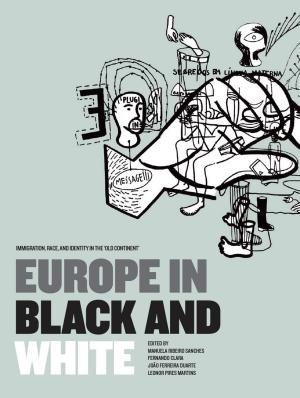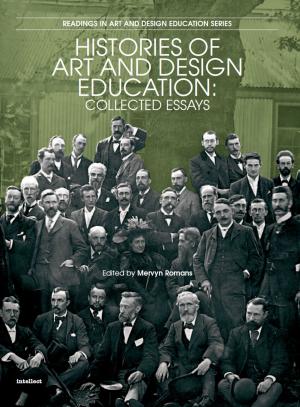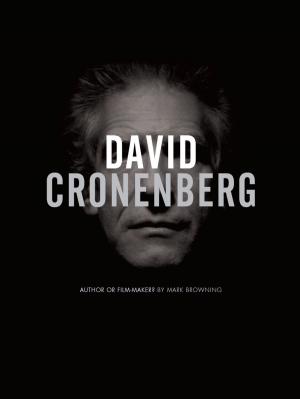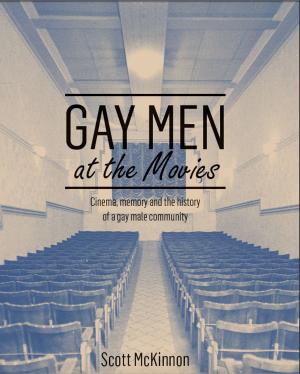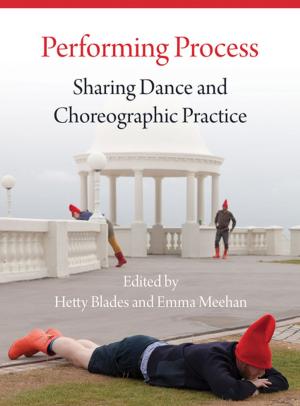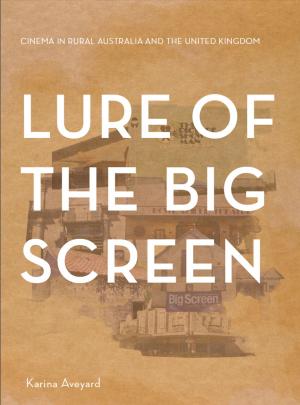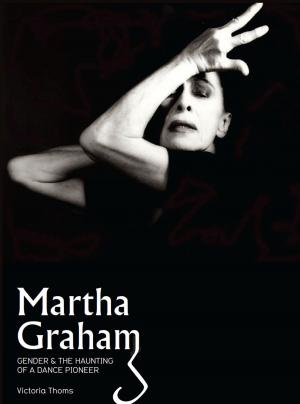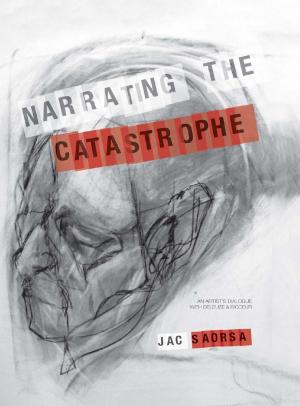The Musical Comedy Films of Grigorii Aleksandrov
Laughing Matters
Nonfiction, Entertainment, Film, History & Criticism, Performing Arts, Drama| Author: | ISBN: | 9781841503479 | |
| Publisher: | Intellect Books Ltd | Publication: | October 1, 2009 |
| Imprint: | Intellect | Language: | English |
| Author: | |
| ISBN: | 9781841503479 |
| Publisher: | Intellect Books Ltd |
| Publication: | October 1, 2009 |
| Imprint: | Intellect |
| Language: | English |
Grigorii Aleksandrov’s musical comedy films, created with composer Isaak Dunaevskii, were the most popular Russian cinema of the 1930s–1940s. Based on studio documents, press materials and interviews with surviving members of Aleksandrov’s film crews, this book presents the untold history of the films, situating them in the Stalin era, and suggesting new interpretations of individual films.Salys approaches the films from the standpoint of western criticism, arguing that although Socialist Realism attempted to suppress the genre, Aleksandrov’s films consistently preserved the archetypes of American musical, including its comedic tradition. The book challenges conventional political interpretations, looking instead at how the films inscribed the Stalin’s myths into the national consciousness, reproducing the dominant ideology, while hiding it beneath layers of humour. Simultaneously, Salys unearths the methods of composer Dunaevskii: the interplay of music and lyrics with narrative and the encoding of socialist values through fairytale-folklore and gender, providing audiences with entertainment, escape from the hardships of the everyday and hope for a better life. This book asks why these films are considered classics both in Russia and the West, and how Aleksandrov became a cultural icon, indelibly influencing modern Russian cinema.
Grigorii Aleksandrov’s musical comedy films, created with composer Isaak Dunaevskii, were the most popular Russian cinema of the 1930s–1940s. Based on studio documents, press materials and interviews with surviving members of Aleksandrov’s film crews, this book presents the untold history of the films, situating them in the Stalin era, and suggesting new interpretations of individual films.Salys approaches the films from the standpoint of western criticism, arguing that although Socialist Realism attempted to suppress the genre, Aleksandrov’s films consistently preserved the archetypes of American musical, including its comedic tradition. The book challenges conventional political interpretations, looking instead at how the films inscribed the Stalin’s myths into the national consciousness, reproducing the dominant ideology, while hiding it beneath layers of humour. Simultaneously, Salys unearths the methods of composer Dunaevskii: the interplay of music and lyrics with narrative and the encoding of socialist values through fairytale-folklore and gender, providing audiences with entertainment, escape from the hardships of the everyday and hope for a better life. This book asks why these films are considered classics both in Russia and the West, and how Aleksandrov became a cultural icon, indelibly influencing modern Russian cinema.

